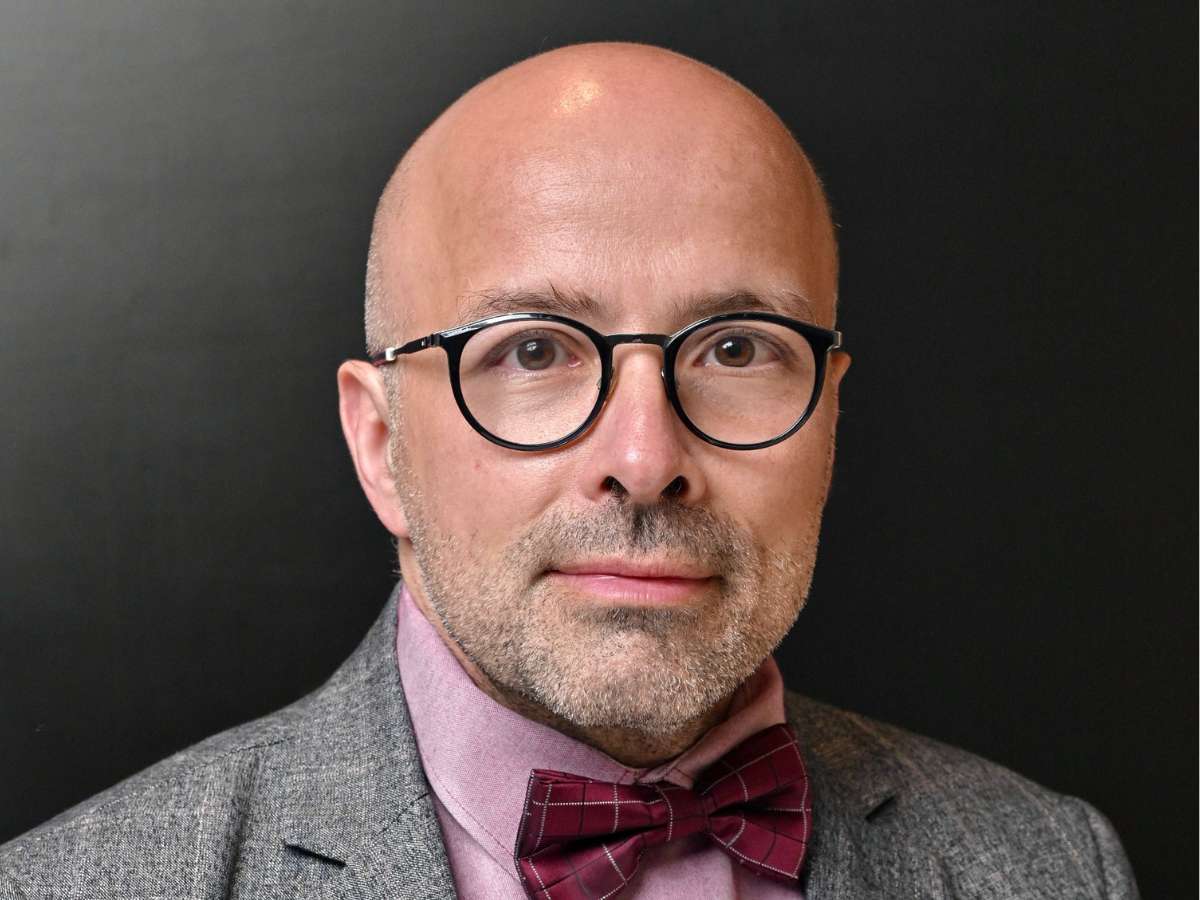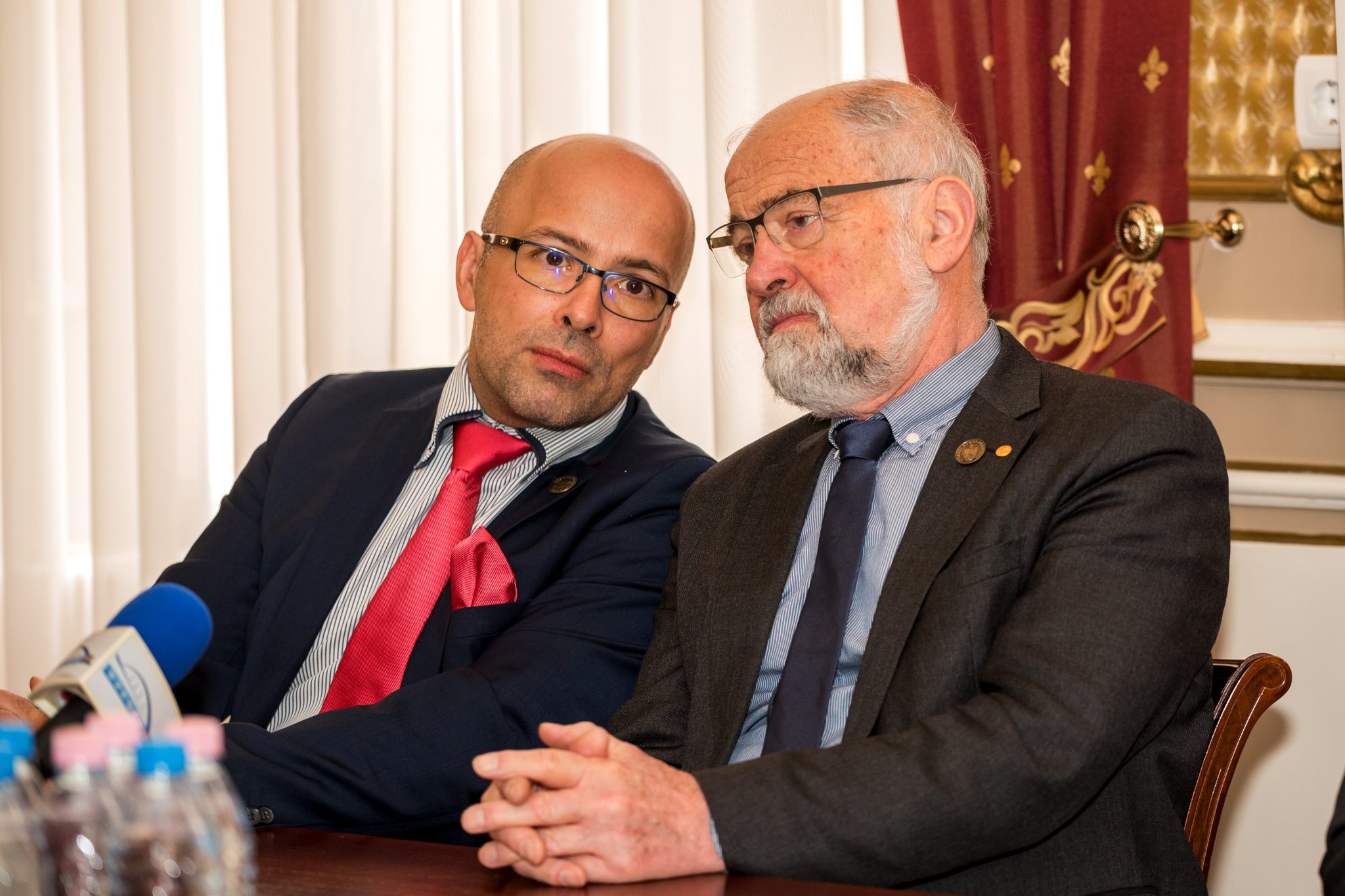Interview with Professor Péter Hegyi, Director of the Centre of Translational Medicine, the University of Pécs#
Professor Péter Hegyi MAE provides an insight into the importance of Translational Medicine.
About Peter Hegyi MAE#
Péter Hegyi is Director of the Centre for Translational Medicine in the Medical School of the University of Pécs , Hungary. He was elected to the Academia Europaea in 2018.
, Hungary. He was elected to the Academia Europaea in 2018.
The interview#
Peter, you are Director of the Centre for Translational Medicine at the University of Pécs. Could you give us some insight on what translational medicine is and what is the role of the Centre?
We founded the University of Pécs Centre for Translational Medicine on 1st January 2016. It rests on three main pillars: the Institute for Translational Medicine (responsible for basic science); the Department of Translational Medicine within the First Department of Internal Medicine (responsible for clinical science); and the Interdisciplinary Research Group (responsible for facilitating all parts of TM). This latter pillar is a unique unit. It provides interdisciplinary support for all members of TM to develop translational research programmes. It contains IT specialists, biostatisticians, data managers, patient coordinators, medical support teams, media coordinators and health economics coordinators. I must say that we have been quite successful in the last three years. We have started several translational projects in gastroenterology, cardiology, neurology and endocrinology.”
Could you tell us more about your latest research?
You are currently working on the project ‘Consensus definitions, statements and guidelines in Translational Medicine’, supported by Academia Europaea with the Hubert Curien Initiatives Fund. What can be expected from the project? What will be its contribution to the European landscape?
- Little communication between participants in TM, such as physicians, basic scientists, pharmaceutical companies, clinical scientists, economic and political decisionmakers, and communities including patients;
- Some areas of research are overrepresented and over supported, whereas others receive insufficient funding and opportunities to develop, thus also hampering the transition process;
- Academies and universities handle the importance of publications from the different phases unequally and controversially;
- Interdisciplinary units, including professionals in medicine, informatics, and biostatistics, health economists, and data and ethical managers, are rarely established in TM centre;
- Finally, there are no complex educational materials in TM.”
You became a member of Academia Europaea very recently. What does being part of Academia Europaea mean for you?
“Networking, brain storming, discussion, opportunities, quality and friendship. These are the main words to describe what AE means to me.
The above-mentioned Consensus definitions, statements and guidelines in Translational Medicine project is one of the best examples of that. During last year’s AE Annual General Meeting in Barcelona, I highlighted the necessity of our project. AE supported it almost immediately resulting in several discussions and web conferences concerning TM over the last six months. Many scientists have since formed work packages and people who had never met before came together to make improvements in the field.”
 .
.For further information please contact AECardiffHub@cardiff.ac.uk
 .
.



